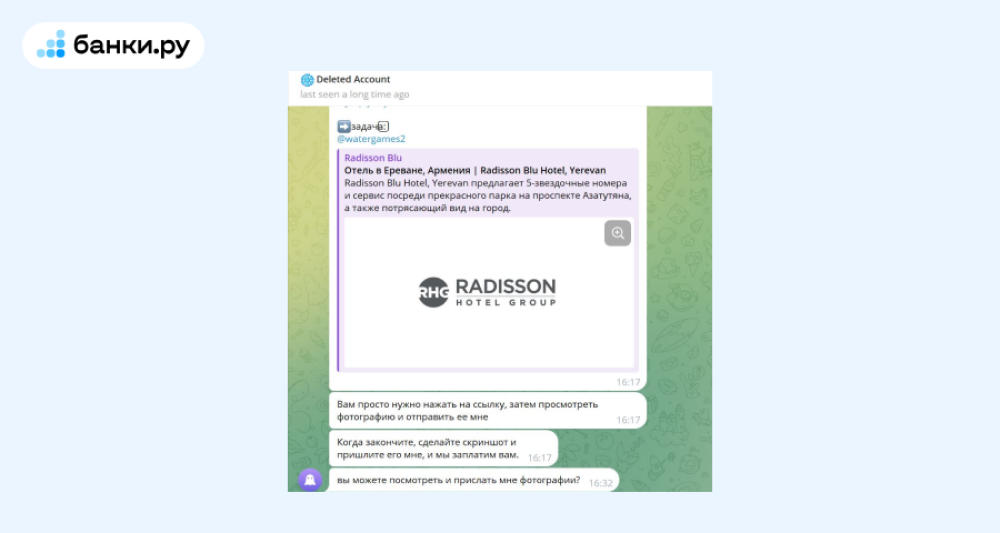International rating agency Fitch Ratings has confirmed Alfa-Bank's long-term foreign currency and local currency IDRs at BB+, and the one of its Cyprus-registered holding company ABH Financial Limited (in a foreign currency) at BB. The ratings carry a negative outlook. The agency published a relevant press release on Tuesday.
Alfa-Bank's short-term foreign currency IDR was confirmed at B, the long-term national scale rating at AA+(rus), with a stable outlook, and BFSR at bb+. The full list of rating actions was disclosed in Fitch's press release.
The confirmation of Alfa-Bank's ratings with a negative outlook reflects tough operating conditions in Russia that will continue to put pressure on the bank's asset quality and performance. The agency also finds adequate the one-notch difference between its ratings and Russia's sovereign rating (BBB-, a negative outlook).
At the same time, Alfa-Bank still enjoys the highest rating among private Russian banks, which reflects efficient management, a solid cushion thanks to robust profit before loan loss provisions and an adequacy capital cushion, and also a track record of its successful overcoming of crisis periods in the Russian market in the past.
Furthermore, Fitch confirmed ratings assigned to six Russian banks with foreign capital, namely those of Raiffeisenbank, UniCredit Bank, Citibank, Rosbank, Rusfinance Bank and DeltaCredit.
Specifically, the banks' long-term foreign currency and local currency IDRs (Citibank's foreign currency IDR) were confirmed at BBB-, with a negative outlook, short-term foreign currency IDRs (UniCredit Bank's foreign currency and local currency IDRs) at F3, and long-term national scale ratings at AAA(rus), with a stable outlook. Namely, BFSRs of Raiffeisenbank, UniCredit Bank and Citibank were confirmed at bbb-, while those of Rosbank, Rusfinance Bank and DeltaCredit at bb+.
IDRs of these six banks, and also support and debt ratings, if assigned (see the agency's press release), reflect the probability that their foreign shareholders will support the banks. Apart from such factors as the strategic role of Russian banks for their parent companies and high operating and management integration this estimate is also backed by the modest, in most cases, size of subsidiaries compared to parent companies (which limits the cost of support), and, as far as Raiffeisenbank is concerned, the Russian bank's importance for the group's operating results.
The confirmation of Raiffeisenbank's, UniCredit Bank's and Citibank's BFSRs at bbb- reflects Fitch's opinion that their sizeable capital and liquidity cushions, stable funding bases and sustainable basic profitability will help them offset growing pressure on credit profiles of the banks amid Russia's economic weakness, rouble devaluation and higher funding costs. Meanwhile, BFSRs take into account still complicated operating conditions and expected growth of borrower behavior volatility that will put pressure on the banks' asset quality and financial performance in the short term.
Rosbank's BFSR of bb+ takes account of low risks under its corporate credit portfolio, at least with regard to the biggest borrowers, a sound capital position, a solid liquidity cushion, conservative management and growth plans, but, at the same time, weak profitability and substantial risks associated with the retail sector, including uncollateralized lending.
Fitch points to Rusfinance Bank's strong capitalization indicators, manageable refinancing risks and adequate asset quality at the present moment. Analysts think that a gradual contraction in funding costs may produce a positive impact on the bank's financial performance in 2016, but profitability could remain under pressure from higher costs related to asset impairment and the limited granting of new loans.
The confirmation of DeltaCredit's BFSR reflects its strong capitalization and still stable asset quality despite a considerable portion of currency-denominated mortgage loans. For the time being, profitability indicators are still adequate, but Fitch expects that they will be under pressure from rising costs due to asset impairment and falling margin once 'wholesale' debt is refinanced by higher-interest offerings in the market. The bank's short-term refinancing needs are assessed at Rub 37 bln, which Fitch calls 'manageable' as DeltaCredit holds a solid liquidity cushion.









